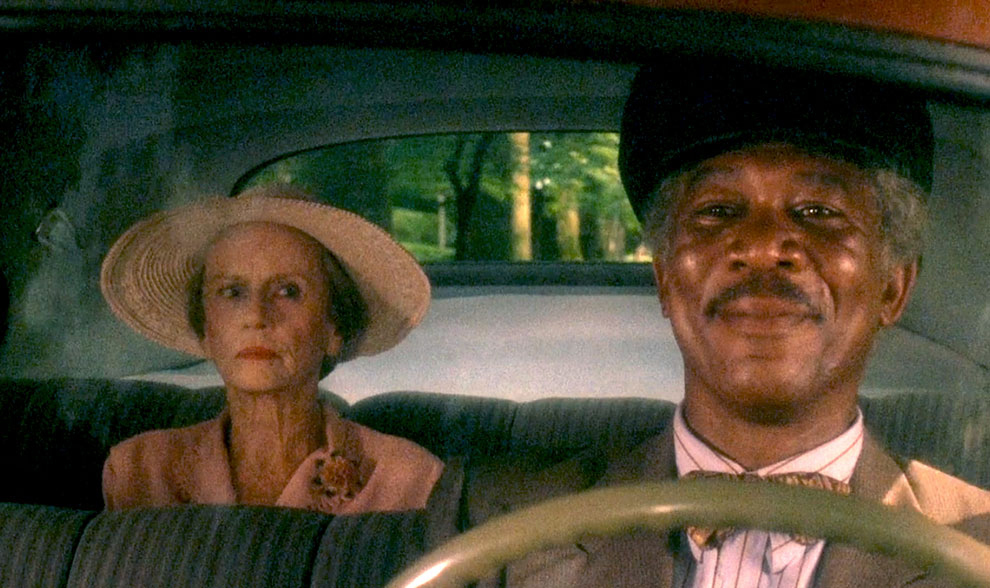The Best Picture Winners: Driving Miss Daisy (1989)
Oscar’s 90th birthday is just 52 days away and to celebrate, every other day from now through March 4th, I will be taking a look at each and every film selected for his top award – the good, the bad and the sometimes not-so deserving
The Academy voters, for the most part, love to play it safe. Controversy is not in their repertoire and in the nine decades that they have been giving out this award, you’d be hard-pressed to find any particular film that really got anyone’s blood up save for those that the vast majority didn’t feel deserved the award.
Nineteen Eighty-Nine was a very good year for movies of all shapes and sizes and it was a year in which no single film dominated the conversation. There were, however, red-letter points and one was Spike Lee’s Do the Right Thing, the most controversial film of the year, which became even more controversial when the Academy voters chose not to give it a shot at Best Picture. Oddly enough, it was overlooked in favor of another film about race, but this one was as far from that controversy as one could get.
While Do the Right Thing lit a fire under the racial discord happening in the United States, Driving Miss Daisy was an old-fashioned comedy-drama with respectability written all over it. In its own way, it was also about race, but on a playing field that wasn’t as likely to bother anyone (not at the time anyway). Based on the stage play by Alfred Uhry, it told the story of a sweet, tender 40-year friendship that blossoms between a cranky old southern widow and the kindly black man who has been hired to be her driver.
I don’t want to sound like I’m bad-mouthing this movie. I do like it quite a bit, and one of the most impressive contributions from Uhry’s screenplay is that he never allows these two characters to be sentimental. Instead it lets them be people and allows them to connect over the period of 25 years. She is stubborn and doesn’t want to be driven. He is patient, kind and knows his way around this lady not by forcing her into the car but by using his patience to wear her down until she relents. Or as he tells her son: “Only took me six days. Same time it took the Lord to make the world”
Over the years, as he drives her here and there and the times in the United States change through the 50s and 60s, a bond grows between them, not in an obvious way but in a quiet and understated way. Time marches on, they grow older and somehow they seem to very gradually see each other for as much friendship as they have.
A lot of movies allow the characters to age, but this one somehow gets it absolutely right. We feel the passage of time, we Hoke and Miss Daisy getting older and growing closer.










